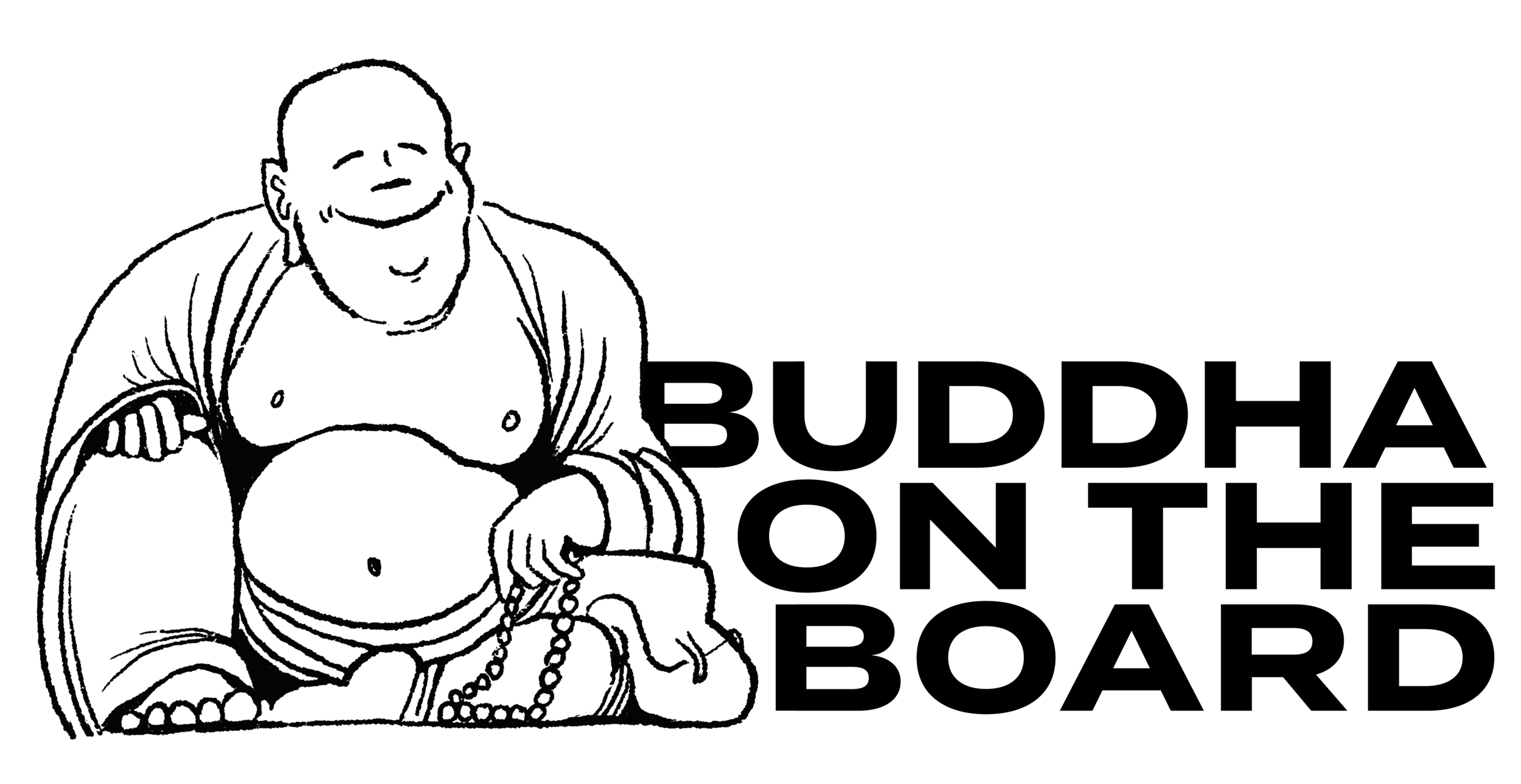You Have 1,000 Weeks Left. How Will You Use It?
Last week David Attenborough gave a talk to the International Monetary Fund. He is a kindly, wise man.
With a killer message.
We have 20 years to avert environmental catastrophe.
20 years. That’s just over 7,000 days. Or 1,000 weeks, or thereabouts.
This shit isn’t about plastic bags either. Well, not directly anyway.
I’m all for our sea life eating other sea life not bags.
The big issue isn’t the bags. It’s about the warming planet, it’s about emissions, it’s about the inability of governments, of business to lead the kind of change required.
Our leaders are impotent. They are devoid of ideas. Leaders bring together, they have vision, they build consensus around ideas, they mobilise interest and intent. They create positive momentum. Our leaders aren’t leading. They’re managing their own preservation. And they’re failing at that too.
Radical change is scary. It’s unnerving. We don’t like it because we don’t know what it might mean for us. That’s understandable. We’re programmed to sustain our status quo, even if the status quo dances to a cliff edge.
Rome burns and we fiddle.
Whilst radical change feels scary, it’s always happening. We like to think things are stable, fixed, but they’re always changing. Normally we don’t notice, like the edging up, centimetre by centimetre, of a growing child. Turn your back and, whoosh, “my, haven’t you grown?!”.
People are working on new ideas, new ways of living, working and playing. These ideas will challenge the system, bubbling up from the periphery. These ideas point to new values, ways of operating. Less greed, more care.
Take Paul Chatterton, re-imagining where you live
Or Charles Eisenstein, re-imagining the economy.
Or Extinction Rebellion, re-imagining how we might be governed to make the impossible change possible.
1,000 weeks.
Sometimes the enormity of the challenge is paralysing. Maybe this is what our politicians feel.
Individually, we can’t do everything. But, while that is true, don’t do nothing.
The work we do, the ideas we spend time with, the conversations we have, how we invest our money, our time. It’s in these moments, large and small, that change is given impetus, that new ideas are encouraged along in their search for friends, for support, for momentum.
We are hugely ingenuous, creative wonder pods. Unshackled, we can effect the kind of radical change which might feel scary as we look on from outside, but would feel exciting and inspiring if we just jump in and ride the wave.
